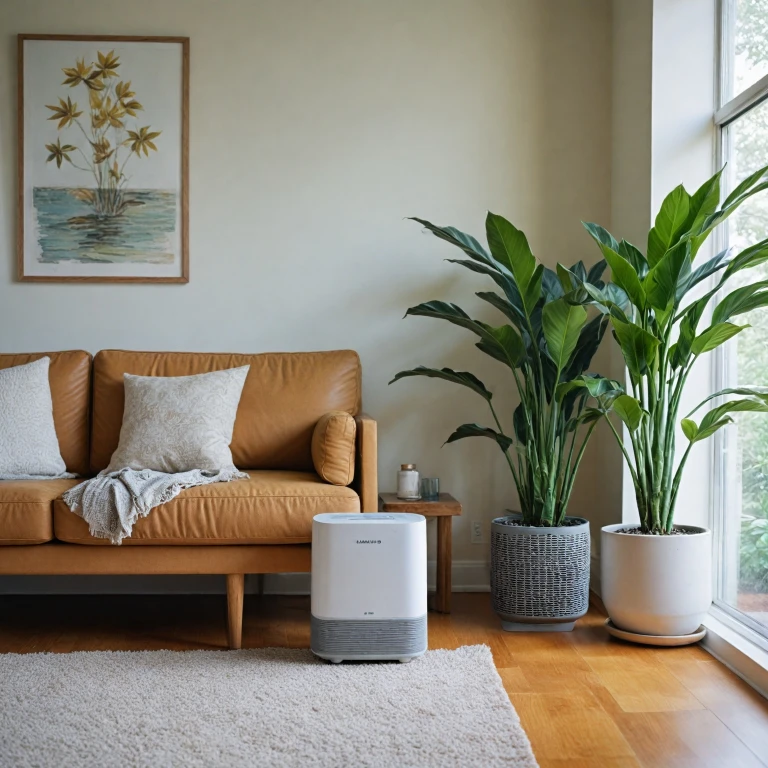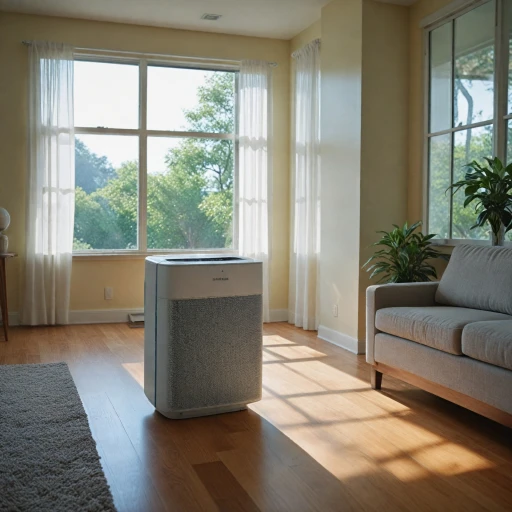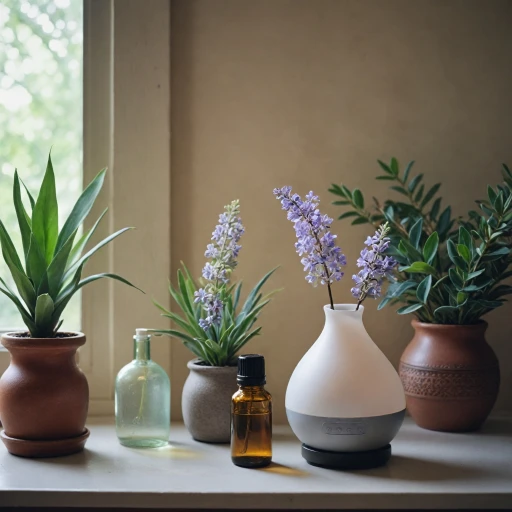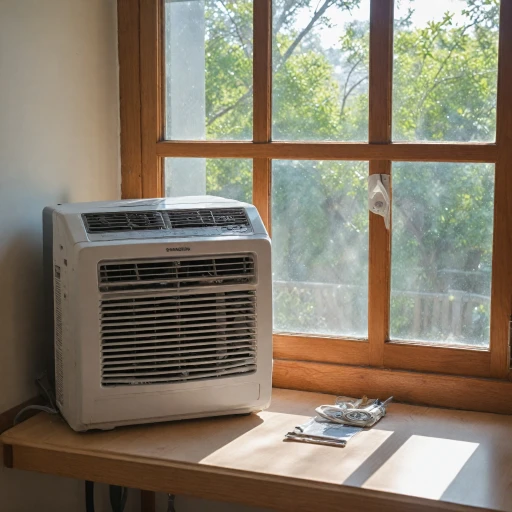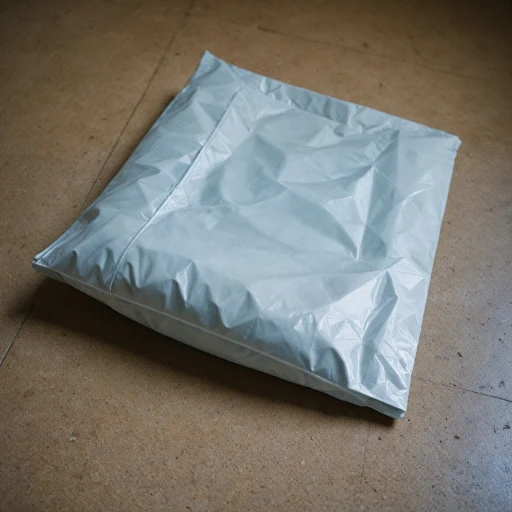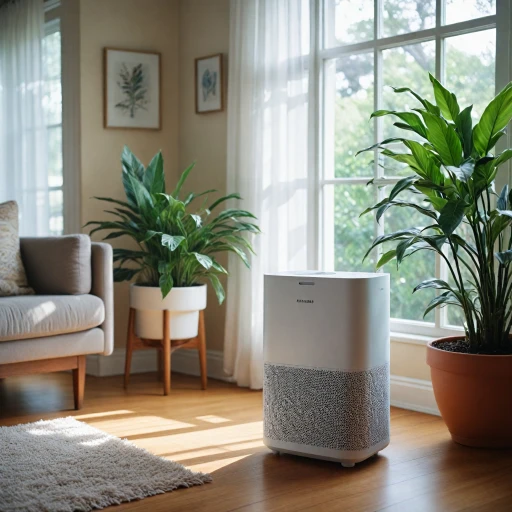Understanding Essential Oils and Their Benefits
Unlocking the Potential of Essential Oils
Essential oils have long been celebrated for their broad range of benefits, offering not just aromatic delights but also potential health advantages. Derived from natural sources such as plants, trees, and flowers, these oils capture the essence of their origins. Using pure essential oils for aromatherapy is a practice that can enhance your air quality while simultaneously promoting a sense of well-being. One particularly appealing aspect of essential oils is their multifunctional nature. These organic compounds can purify air, acting as natural air fresheners that may also offer antibacterial and antiviral properties. This makes them a popular choice for individuals looking to improve indoor air environments without relying solely on synthetic products. Additionally, essential oils can complement the existing functionalities of your air purifier. Whether your device utilizes a HEPA filter or a quiet air diffuser, integrating essential oils can provide an added layer of air purification. The key is to select oils that align with your specific needs, such as enhancing relaxation or increasing focus. Varieties like tea tree oil are particularly noted for their strong purifying capabilities. Enhancing your air purifier experience with essential oils will not only add a pleasant fragrance to your home but can also offer a holistic approach to improving air quality. To learn more about essential components that contribute to enhancing air purification, consider exploring filter maintenance strategies that can work in tandem with essential oil use. In upcoming sections, we’ll delve further into ensuring compatibility with your current air purifier model and share expert tips on how to maximize both function and aroma through a selection of essential oils.Compatibility of Essential Oils with Air Purifiers
Compatibility Considerations for Essential Oils and Air Purifiers
When it comes to integrating essential oils with air purifiers, understanding compatibility is crucial. Not all air purifiers are designed to work with essential oils, and using them incorrectly could potentially damage the purifier or reduce its efficiency.
First, check if your air purifier model is compatible with essential oils. Some purifiers, especially those with HEPA filters, may not be suitable for oil use. These filters are designed to trap particles and may become clogged if exposed to oils. On the other hand, some purifiers come with a dedicated oil diffuser or a compartment specifically for essential oils, making them a more suitable choice.
For those using a diffuser humidifier, it's important to ensure that the essential oils you choose are pure and natural to avoid any residue that might affect the machine's performance. Certified organic oils are often recommended for their purity and quality.
Additionally, consider the indoor air quality and the specific needs of your environment. For instance, if you're looking to purify air in a quiet setting, opting for a quiet air purifier model that supports essential oils can enhance your aromatherapy experience without disrupting the peace.
For those interested in more technical details about how air purifiers work with essential oils, you might want to explore understanding the role of humidification filters in air purifiers. This resource provides deeper insights into the mechanics of air purifiers and their compatibility with various substances.
Remember, choosing the right essential oils is also key. Consider the price sale and regular price of oils on platforms like Amazon to find the best deals on high-quality products. Whether you're looking for tea tree oil or other blends, ensure they are suitable for use with your specific air purifier model.
Choosing the Right Essential Oils for Your Needs
Picking the Perfect Essential Oils for Air Purification
It's essential to choose the right essential oils for your needs when enhancing the functionality of your air purifier. The correct selection can elevate indoor air quality by incorporating a natural, refreshing aroma. Here are a few key points to consider:- Purpose of Use: Identify the primary purpose of using essential oils in your air purifier. Some might seek a specific benefit such as improved breathing, while others might desire a pleasant fragrance.
- Aromatherapy Benefits: Oils like tea tree and eucalyptus are known for their antimicrobial properties. Lavender and chamomile are great for promoting relaxation and calmness, while citrus oils like lemon and orange can invigorate and energize.
- Purity and Quality: Opt for pure, certified organic essential oils to ensure the best product quality. Avoid synthetic fragrances or non-pure products that can potentially harm your air purifier.
- Compatibility with the Device: Not all air purifiers can handle essential oils. Verify your device’s compatibility before use. Some purifiers require an additional aroma diffuser or specific filters designed for essential oils.
Safety Tips for Using Essential Oils in Air Purifiers
Ensure Safe Usage Practices for Optimal Air Purifier Benefits
Using essential oils in an air purifier is a great way to enhance your indoor air quality and enjoy the benefits of aromatherapy. However, it's important to follow certain safety tips to ensure a harmonious and secure experience.- Use Certified Organic Oils: Opt for certified organic essential oils to avoid synthetic additives and guarantee pure, natural products. This helps in maintaining the quality of air within your living space.
- Correct Oil Dilution: Essential oils are potent substances. Dilute them appropriately before adding to your air purifier or diffuser. This ensures that the air remains beneficial and that the device operates effectively without unnecessary strain.
- Check Product Compatibility: Ensure that your specific air purifier model is compatible with essential oils. Some purifiers are not designed for oil use and might require modifications, such as a compatible oil diffuser feature.
- Monitor Air Quality Regularly: Regular checks on air quality can highlight any issues with the essential oils being used or the air purifier itself. Investing in a quiet air quality monitor might be worthwhile.
- Clean Devices Regularly: Regular maintenance, like cleaning and replacing the filter in your device, is crucial. This keeps both the purifier and diffuser in optimal condition, ensuring the oils air is pristine.
- Be Mindful of Room Size: The quantity of essential oils used should correspond to the size of the room. A larger space might require more oil to effectively purify air, while a smaller area would need less.
DIY Blends and Recipes for Air Purifiers
Crafting Your Aromatherapy Mood
For those looking to blend the benefits of air purifiers with essential oils, experimenting with DIY blends can be both fun and rewarding. With the right mix of pure and natural ingredients, you can create a personalized aroma that enhances air quality and provides a calming atmosphere. Here’s a straightforward guide for crafting your essential oil blends:- Balancing Act: A good starting point is a blend of eucalyptus and tea tree oils. Known for their purifying properties, they work well together to freshen the indoor air while supporting your respiratory health.
- Relaxation Mode: Lavender and chamomile are popular choices for their calming effects. Adding these oils to your purifier or diffuser can create a serene environment, perfect for unwinding after a long day.
- Energizing Buzz: A mix of peppermint and lemon is ideal when you need an energy boost. This combination not only invigorates the mind but also helps purify air, leaving your home smelling crisp and lively.
Potential Drawbacks and Considerations
Possible Downsides of Mixing Essential Oils with Air Purifiers
While enhancing your air purifier experience with essential oils can bring numerous benefits, it's crucial to be aware of potential downsides. Understanding these drawbacks will help ensure a safe and effective use of oils in your air purification system.
Firstly, compatibility between oils and purifiers varies significantly. Not all purifiers are designed to work harmoniously with essential oils, which could potentially lead to damage or inhibited performance. Therefore, always check if your model supports this feature before proceeding. Some purifiers, especially those with filters like HEPA, may not interact well with oils, potentially reducing their capacity to purify air.
Moreover, while essential oils can enhance aromatherapy, they might also cause allergic reactions or irritate sensitive individuals. If you have young children, pets, or individuals susceptible to allergies, it's best to consult with a healthcare professional before incorporating oils.
Another consideration is the difference in quality of oil products on the market. Using inferior, non-organic, or synthetic oils may not only degrade the performance of your air purifiers but could also emit harmful chemicals into your indoor air. Thus, investing in high-quality, certified organic oils from reputable sources like Amazon is recommended to ensure safety and experience the best benefits.
Lastly, be mindful of the cost implications. Pure, high-quality oils often come with a price, impacting the overall cost alongside your air purifier purchase. Balancing quality with price, such as purchasing during price sale periods, can optimize your investment.
